|
The king of Egypt said to the Hebrew midwives, whose names were Shiphrah and Puah, “When you are helping the Hebrew women during childbirth on the delivery stool, if you see that the baby is a boy, kill him; but if it is a girl, let her live.” The midwives, however, feared God and did not do what the king of Egypt had told them to do; they let the boys live. Then the king of Egypt summoned the midwives and asked them, “Why have you done this? Why have you let the boys live?”
The midwives answered Pharaoh, “Hebrew women are not like Egyptian women; they are vigorous and give birth before the midwives arrive.” So God was kind to the midwives and the people increased and became even more numerous. And because the midwives feared God, he gave them families of their own. (Exodus 1:15-20) Its appears that God rewarded the Hebrew midwives for their dishonesty. Under what circumstances might lying ever be justified? We tell our children that honesty is the best policy, that telling the truth is always the right thing to do and that deception is sinful. What have the great thinkers of the ages said about lying? Moses: You shall not bear false witness against your neighbour (Exodus 20:16) Confucius: It is good for a son to lie to protect his father Plato: Lies are permissible in war, in jest and to avert evil Jesus: I am... the truth the truth will set you free (John 14:6, 8:32) Paul: Let God be true though everyone were a liar (Romans 3:4) Augustine: It is permissible to conceal truth in order to save life Mohammed: Lying leads to wickedness and wickedness leads to hell fire Aquinas: Telling the truth with intent to deceive is worse than lying Kant: To be truthful in all declarations is a sacred command of reason Nietzsche: All words fail to represent reality truthfully and are, therefore, lies Bonhoeffer: Anyone who tells the truth cynically is lying “What is truth?” asked Pilate (John 18:38). Many legal systems depend on an oath similar to: “I promise to tell the truth, the whole truth and nothing but the truth.” However, no-one has “the whole truth”, therefore whoever claims it commits perjury before they have given evidence. Our access to truth is at least provisional. So what possible defence can be made? It is axiomatic that mortals cannot comprehend the immortal nor the earthbound measure the transcendent (Isaiah 40:21-31). A god worth calling God must have secrets (Deuteronomy 29:29) and thoughts beyond human imagining (Isaiah 55:8-9). By grace, human shame is concealed under garments (Genesis 3:21) and divine glory under a towel (John 13:4). Such a God hides gold in a garden (Genesis 2:12), hides wisdom among the ants (Proverbs 6:6), hides a baby in Egypt (Exodus 2:1-10, Matthew 2:13-15), hides all the treasures of wisdom and knowledge (Colossians 2:3) in a carpenter (Mark 6:3), hides the gospel in parables (Mark 4:11), hides himself as a servant (Philippians 2:1-6) and hides treasure in jars of clay (II Corinthians 4:7). It is the glory of God to conceal things, but the glory of kings is to search things out. Proverbs 25:2 Such a God wrestled with Jacob and refused to disclose his identity (Genesis 32:22-32), such a God rewarded Hebrew midwives for speaking untruth to power (Exodus 1:15-21), such a God instructed Moses to ask for a fictional three-day excursion into the wilderness (Exodus 3:18), such a God protected Rahab the lying prostitute (Joshua 2, 6:22-23) and such a God encouraged Samuel to disguise his intent to anoint Jesse’s son by arriving under a cloak of sacrifice (I Samuel 16:1-3). God incarnate instructed his followers (and his enemies) to conceal his true identity until they grasped his agenda (Mark 3:12, 5:43, 7:36, 8:26, 9:9), or until the right time had come (John 12:23). He said to his brothers, “I am not [yet] going up to this feast” - but then attended en krypto in secret (John 7:8-10) before revealing himself in a loud voice (John 7:37). There is a time to be silent and a time to speak (Ecclesiastes 3:7). By gradual disclosure God allows his image-bearers to “search things out.” Jesus warned his disciples that taking the gospel to new places would expose them to dangers, like sheep in wolf-country they would require dove-like innocence and serpentine shrewdness (Matthew 10:16). God does not lie but brings the concealed things to light at the appointed season (Titus 1:1-3) and ultimately nothing will remain concealed (Matthew 8:17). But in the meantime, en krypto is a strategy with precedent. For who among us has not wrapped a gift to disguise its contents? Cross-cultural communication of the gospel is an exercise in gift-wrapping. The gift is eternal life (Romans 6:23) and we should desire with Paul to renounce underhand ways and means and speak plainly in so far as we can. For we are not, like so many, peddlers of God's word, but as men of sincerity, as commissioned by God, in the sight of God we speak in Christ (II Corinthians 2:17). But we have renounced disgraceful, underhanded ways. We refuse to practice cunning or to tamper with God's word, but by the open statement of the truth we would commend ourselves to everyone's conscience in the sight of God (II Corinthians 4:2). Who is sufficient for these things? (II Corinthians 2:16) |
Archives
May 2024
Categories
All
|

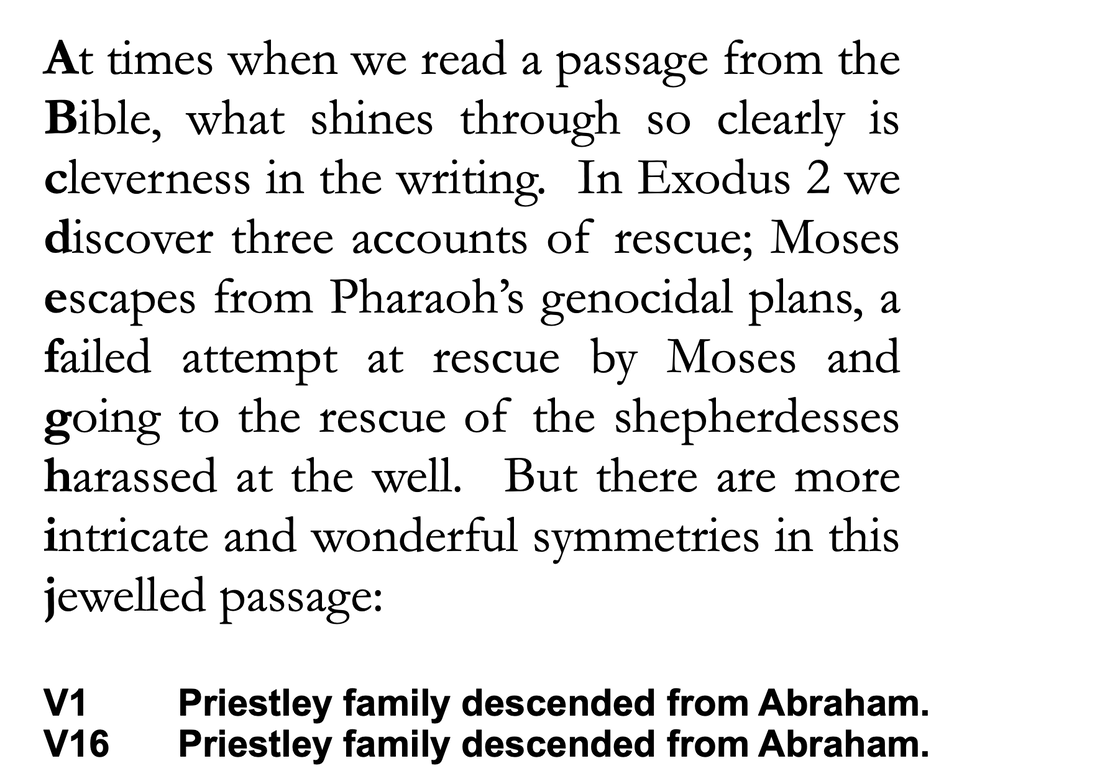
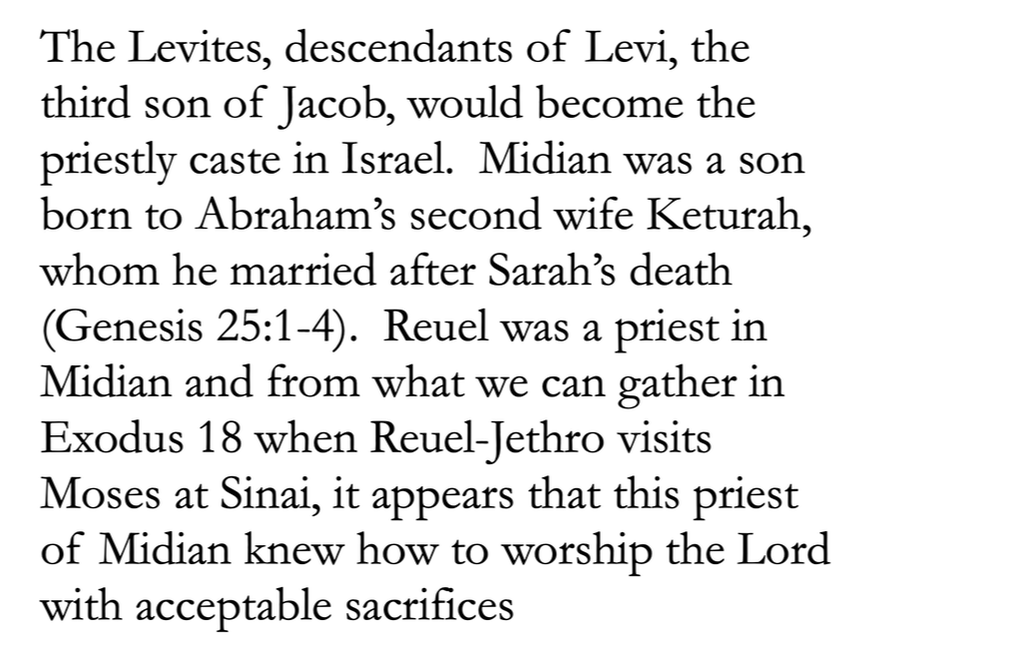
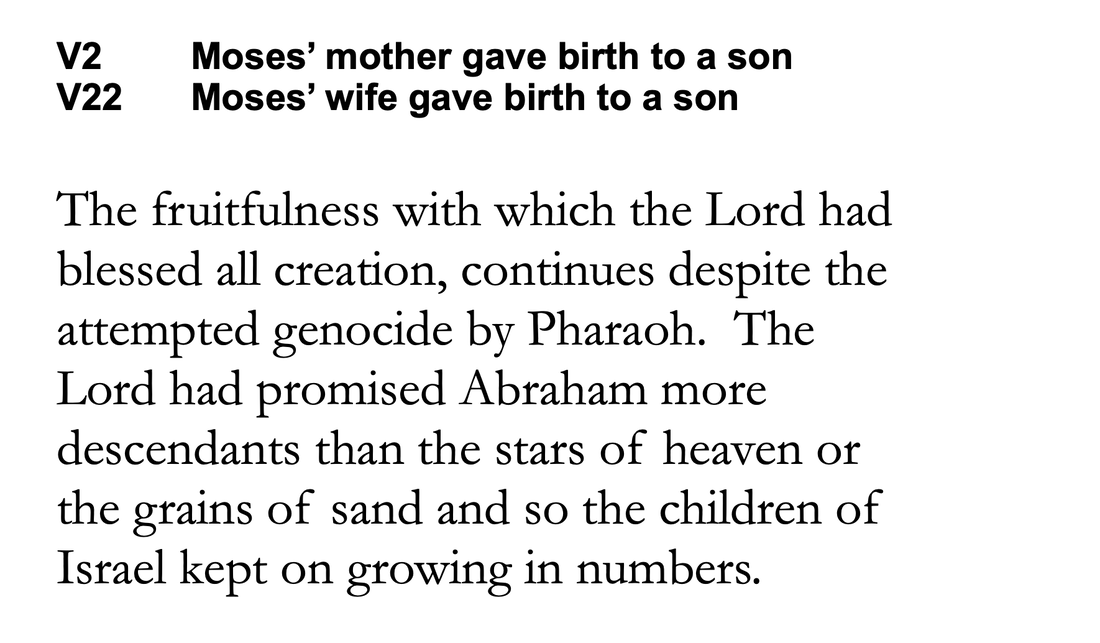

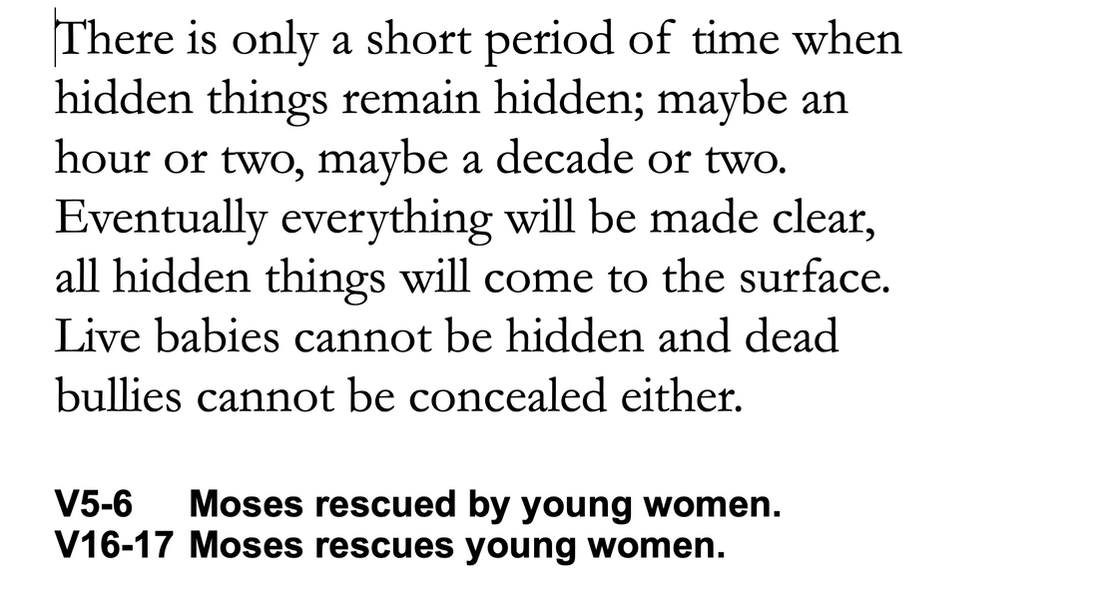
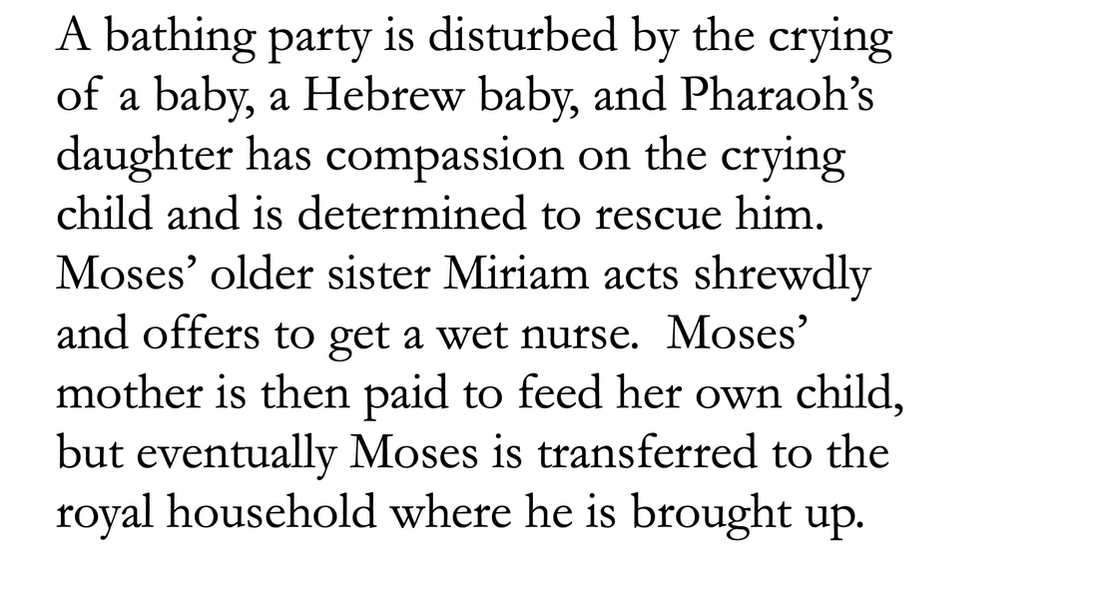
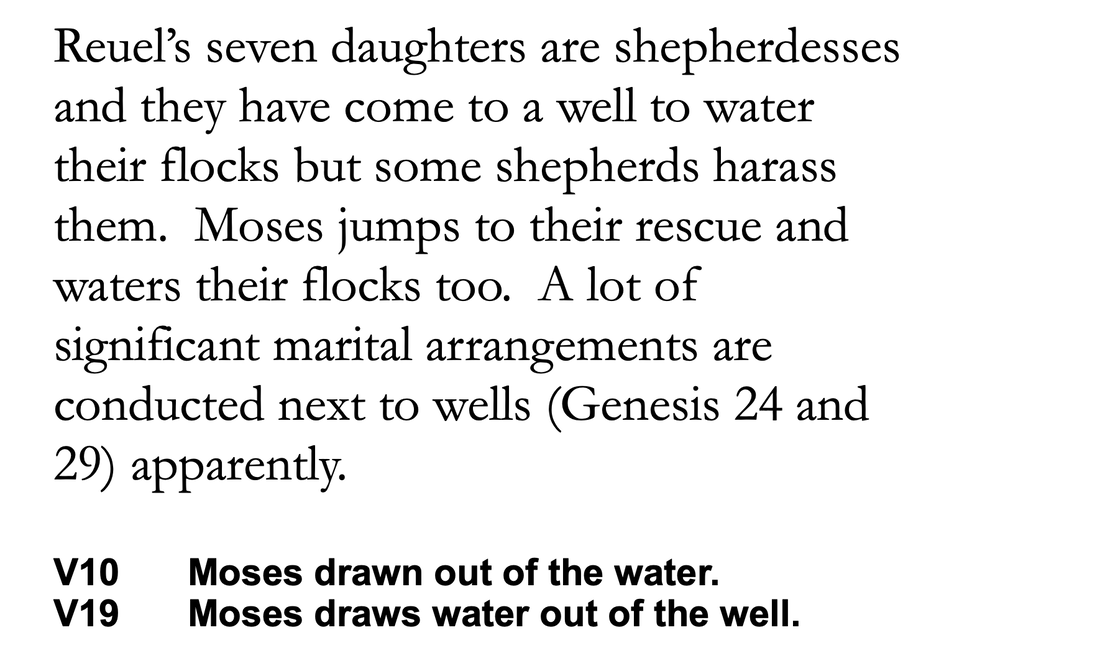
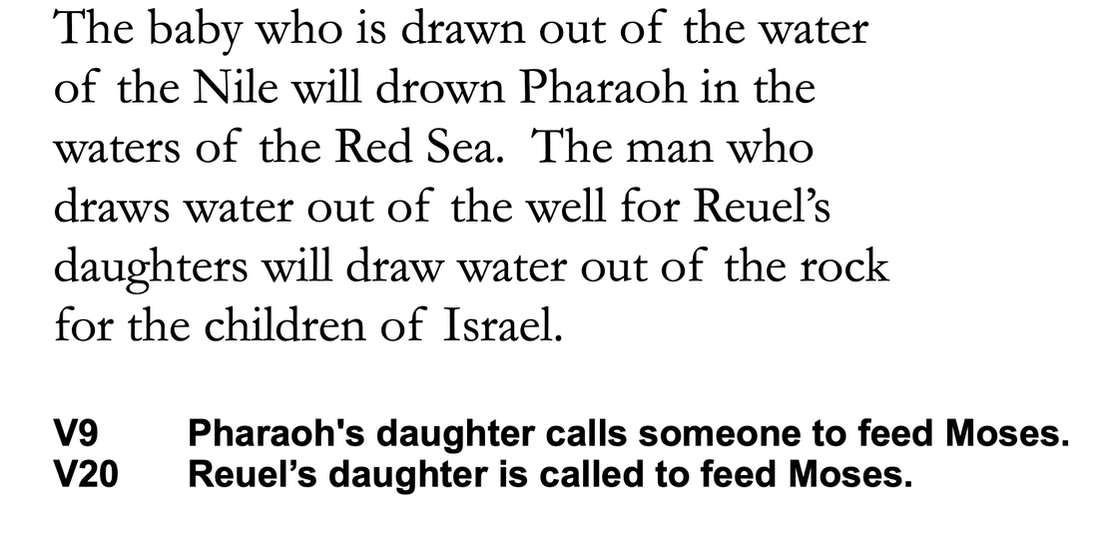
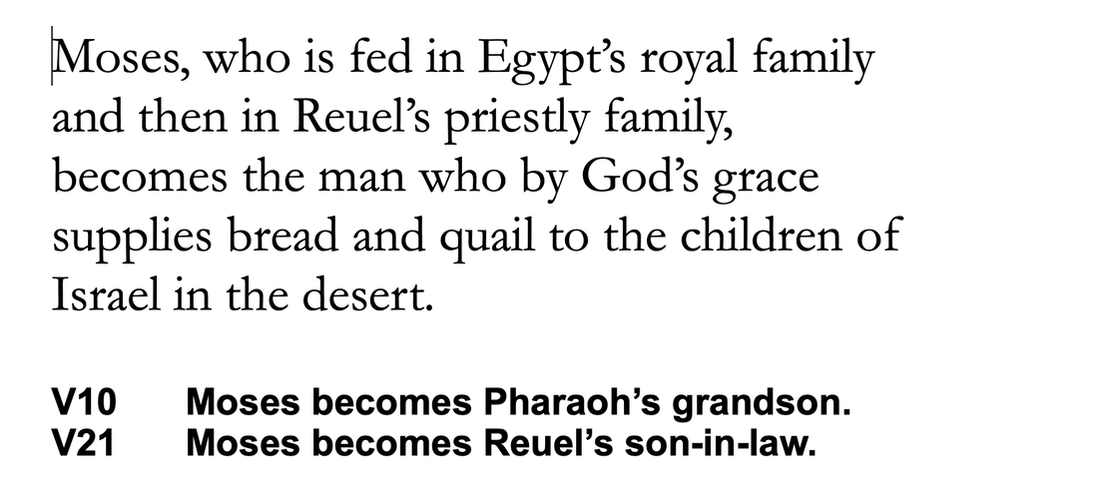
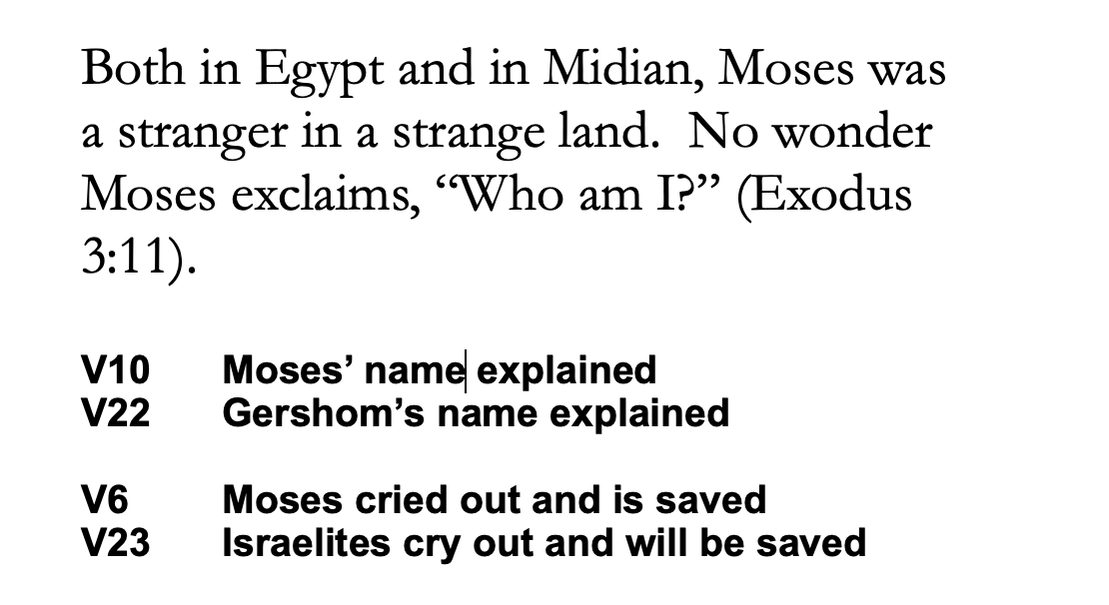
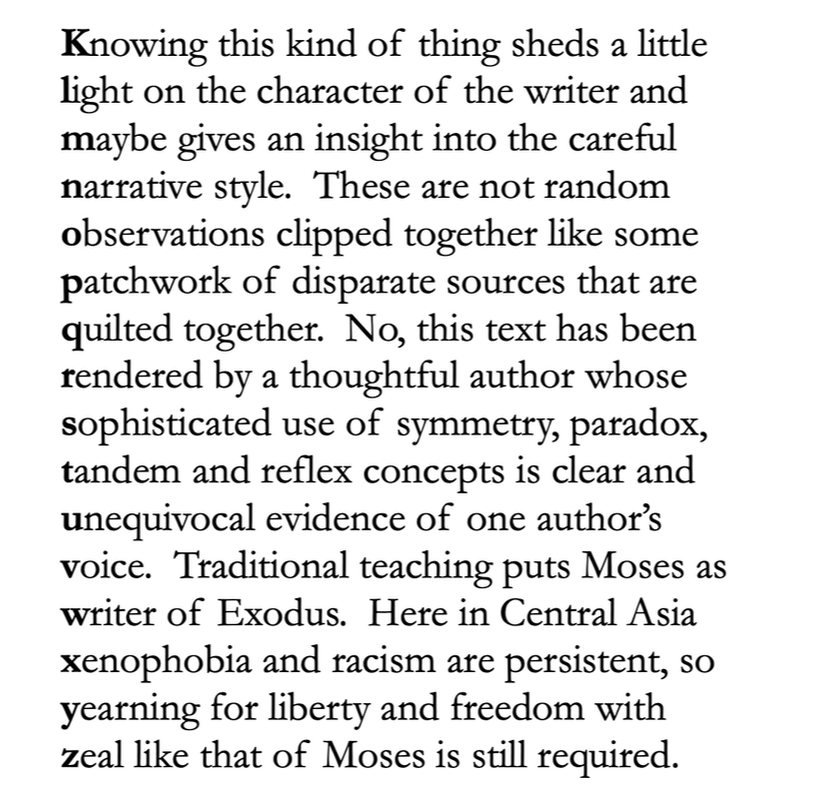
 RSS Feed
RSS Feed